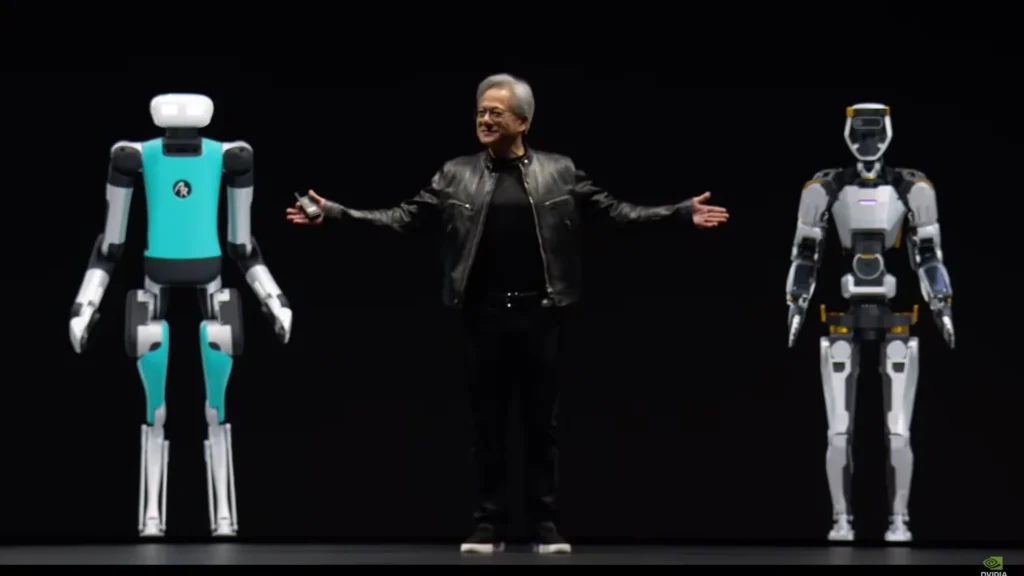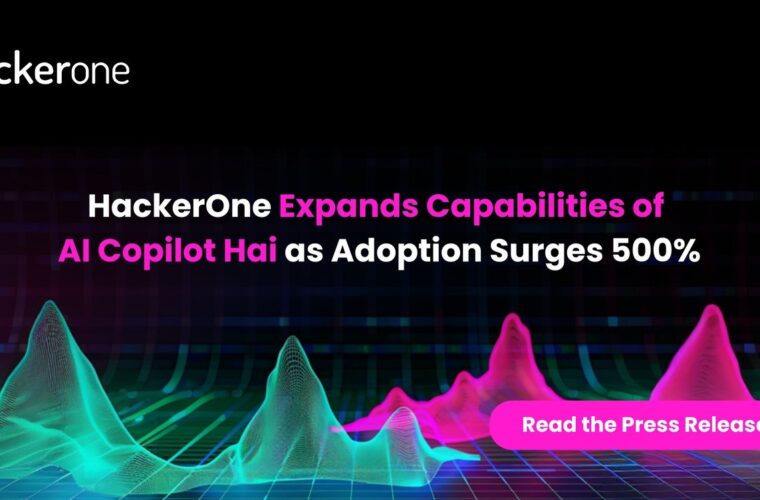Jensen Huang, the founder and CEO of Nvidia, a global leader in the production of artificial intelligence processors (AI chips), made a remarkable prediction at an economic forum held at Stanford University in the USA.
Just a year and a half after the emergence of genetic intelligence, the field of artificial intelligence, upon which programs like ChatGPT (OpenAI) and Gemini (Google) rely, Huang stated that the arrival of so-called artificial general intelligence (AGI), which will compete with or even surpass human capabilities, will come much sooner than experts had estimated. According to the CEO of Nvidia, general intelligence is likely to emerge within five years due to the rapid advancements in AI research.
Jensen Huang is powering the AI revolution
Jensen Huang claims that artificial general intelligence will emerge within five years, capable of passing any test or task that humans are asked to complete. Genetic intelligence can surpass tests such as legal examinations successfully, but in more specialized fields like medicine, it falls short, something that Huang believes will change within the next five years.
Huang was quick to note that whether artificial intelligence will achieve or surpass human cognition in five years, or in general, within a short timeframe, is also related to how we define human cognition, as scientists have yet to agree on how the human brain functions.
In any case, regardless of definitions, it should be considered certain that in five years from now, artificial intelligence technology will have made significant leaps forward. It remains to be seen to what extent it will have approached human brain function.
Just four companies worldwide boast a valuation surpassing $2 trillion: Microsoft, Apple, Alphabet (Google’s parent company), and chip manufacturer Nvidia. Based in California, Nvidia experienced a remarkable surge in its stock market worth, doubling from $1 trillion to $2 trillion in merely eight months. This extraordinary growth was driven by the relentless demand for its state-of-the-art technology — the very hardware and software fueling today’s advancements in artificial intelligence.
Nvidia is developing humanoid robots with AI brains
Nvidia has announced a groundbreaking platform integrating elements of productive artificial intelligence for constructing humanoid robots. The new platform consists of a computational system powering the robot and artificial intelligence, along with a software package including GenAI and other tools, aimed at building humanoid robots, the company declared at its annual conference.
The addition of GenAI will enable humanoid robots to perform actions based on commands derived from a combination of language, video, ‘human abilities,’ and previous experiences. Dubbed Project GR00T, the GenAI features will be added to the company’s existing hardware and software robotics platform.
“These smarter, faster, and better robots will be developed across industries worldwide,” stated Rev Lebarentian, Vice President of the Omniverse and Simulation Technology division. “We’re collaborating with the global ecosystem of robotics and simulation to accelerate development and adoption,” he added.
The computer behind the GenAI software is Jetson Thor, based on one of the company’s AI chips and other hardware. The company said that this computer will provide enough computational power for robots to perform complex tasks and interact with humans and machines. The software suite, named Isaac, and the new features of the GR00T GenAI have been designed to operate for “every robot integration in every environment,” according to the company. The tools include the ability to train the software to make better decisions over time, a process known as reinforcement learning.

Nvidia unveils new AI chip
Nvidia also announced that it would release pre-trained robotic models and other software to enhance robotic arm functions and the ability to use multiple cameras. Additionally, Nvidia unveiled its latest AI chip, claiming it can perform certain tasks 30 times faster than its predecessor. With an 80% market share, the company hopes to solidify its dominance.
Aside from the B200 Blackwell chip, Nvidia CEO Jensen Huang detailed a new series of software tools at the annual developer conference. “I hope you understand this isn’t a concert,” Huang joked as he began his speech, but a loud cheer dominated: “I haven’t seen anything like this in the tech industry for quite some time,” said Bob O’Donnell from Technalysis Research to the BBC. “Some have likened it to the early Steve Jobs keynotes.”
Nvidia stated that significant customers, including Amazon, Google, Microsoft, and OpenAI, are expected to use the company’s new flagship chip for cloud-computing services and their own AI platforms. It also said that the new software tools, called microservices, enhance system efficiency to facilitate a business in integrating an AI model into its operations.
Other announcements include a new series of chips for cars that can run chatbots inside the vehicle. The company stated that Chinese electric vehicle manufacturers BYD and Xpeng will use its new chips. Founded in 1993, Nvidia was initially known for manufacturing graphics processing unit chips, particularly for electronic gaming, long before the AI revolution began to add features to its chips, which, as they claim, aid machine learning.



